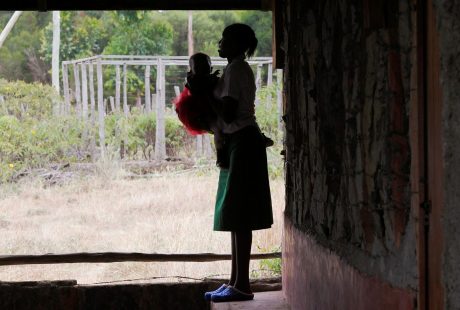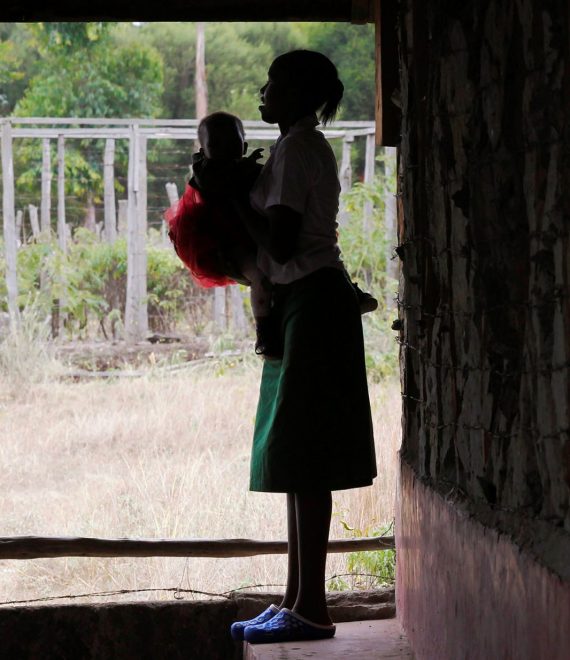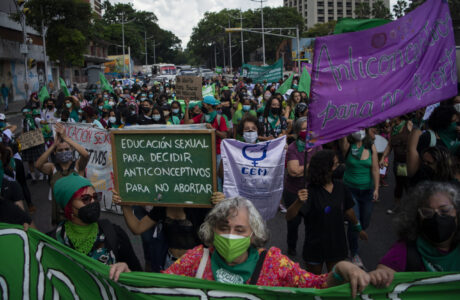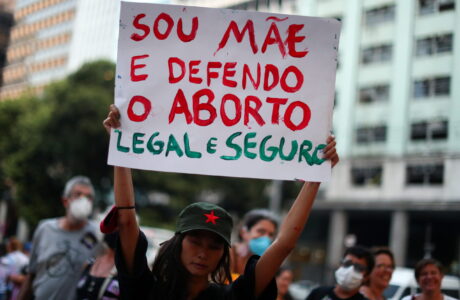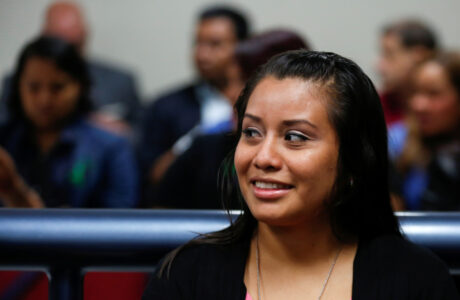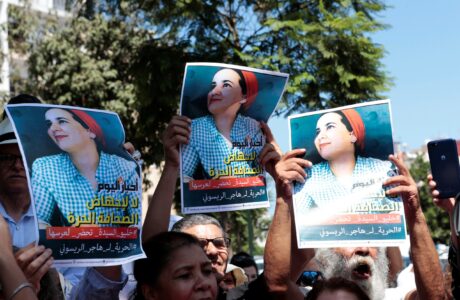Reproductive Rights
At least 125 countries have highly restrictive abortion laws, including some with outright bans with no exceptions. These laws and the restrictions on abortion services they come with seriously endanger women and girls. Beyond the clear risks to their health and well being, we have seen women charged with abortion when they have miscarriages. Women have also had abortion laws used against them in politically motivated cases.
News
Read moreReports
View more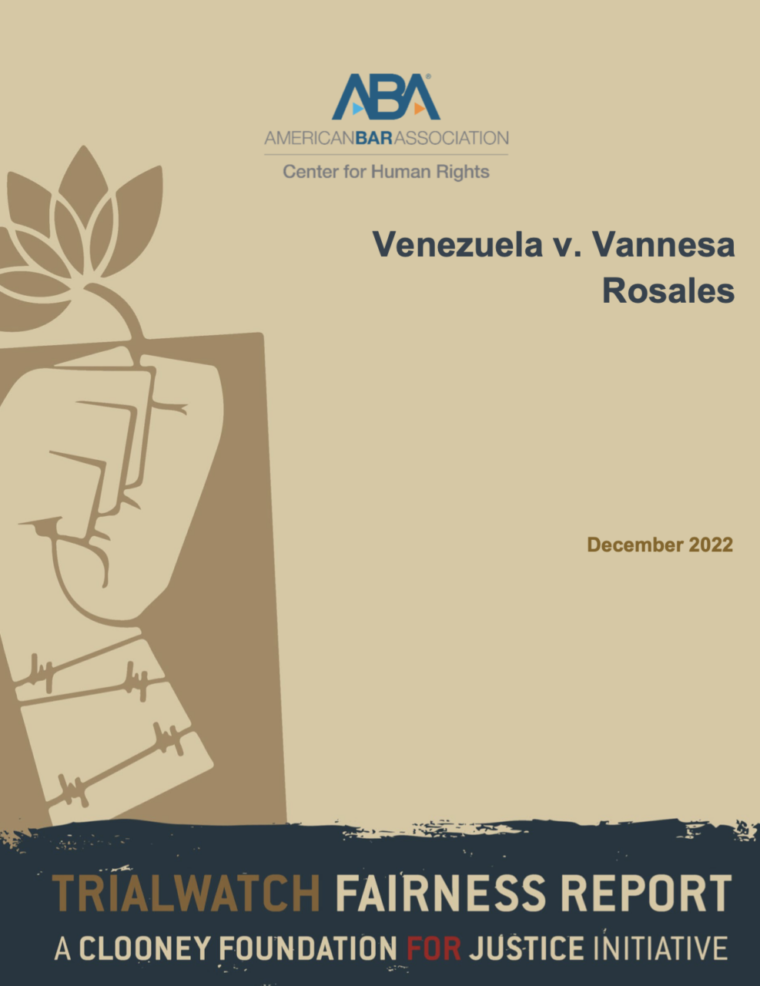
Venezuela v. Vannesa Rosales
Document
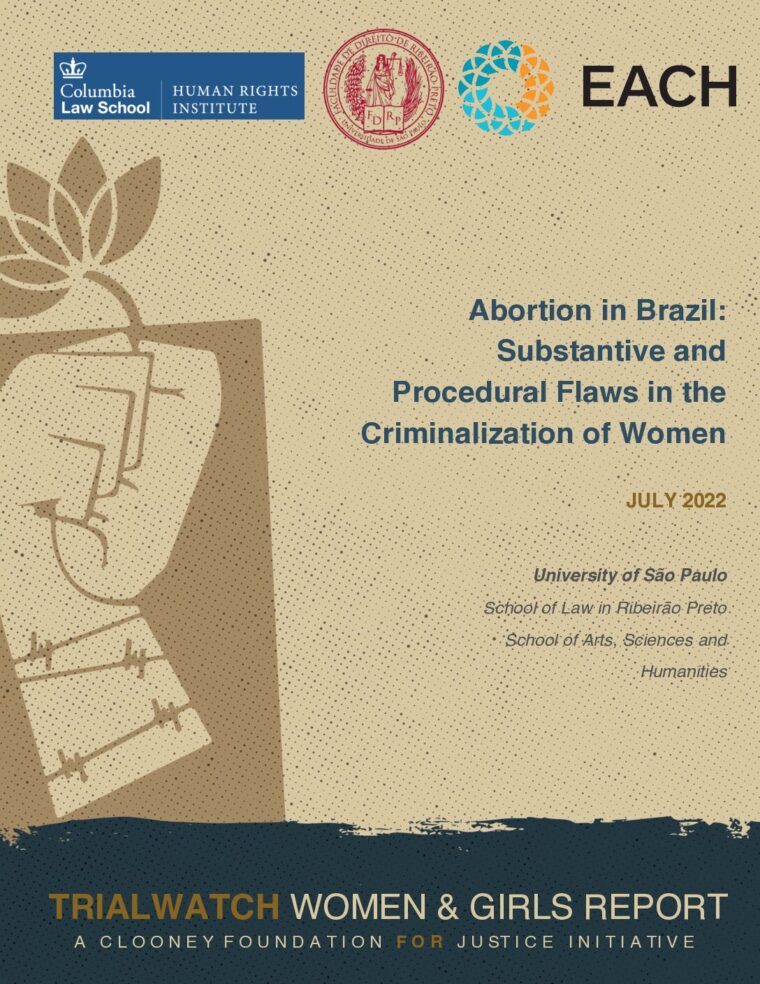
Abortion in Brazil: Substantive and Procedural Flaws in the Criminalization of Women
Document
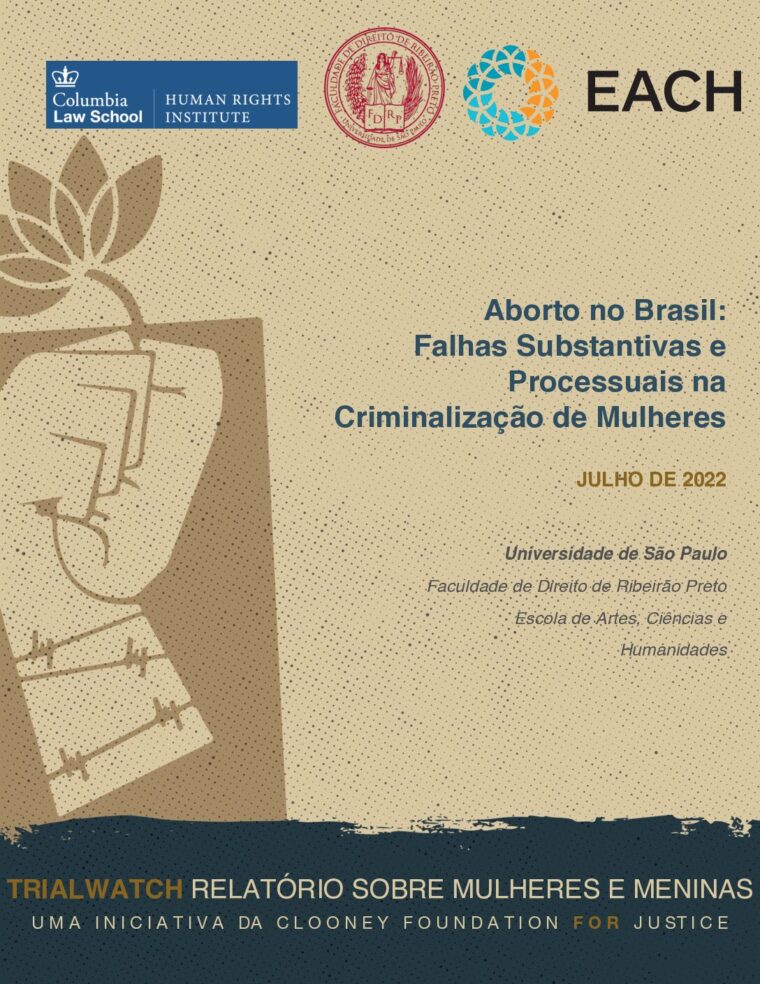
Aborto no Brasil: Falhas Substantivas e Processuais na Criminalização de Mulheres
Document
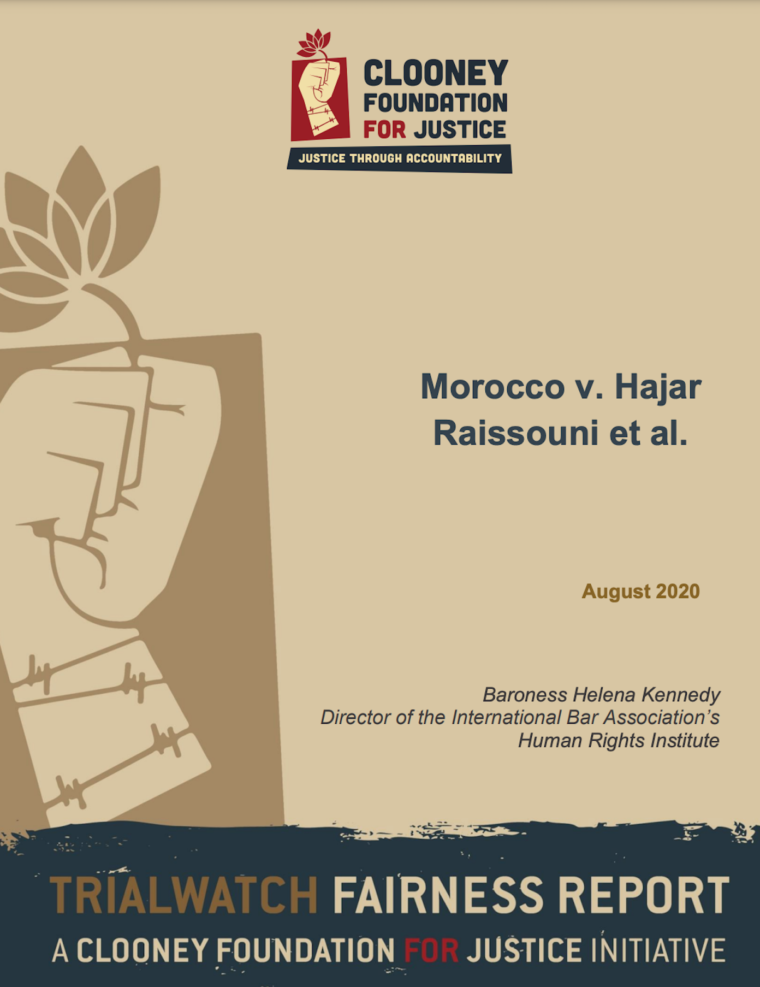
Morocco v. Hajar Raissouni et al.
Document
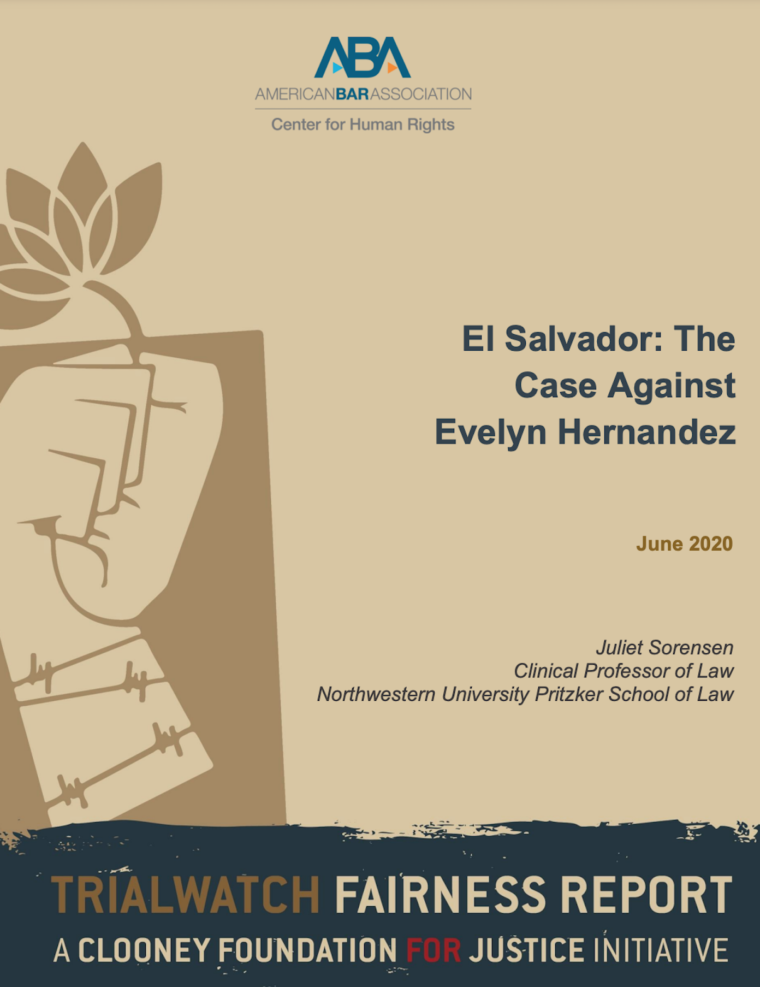
El Salvador: The Case Against Evelyn Hernandez
Document
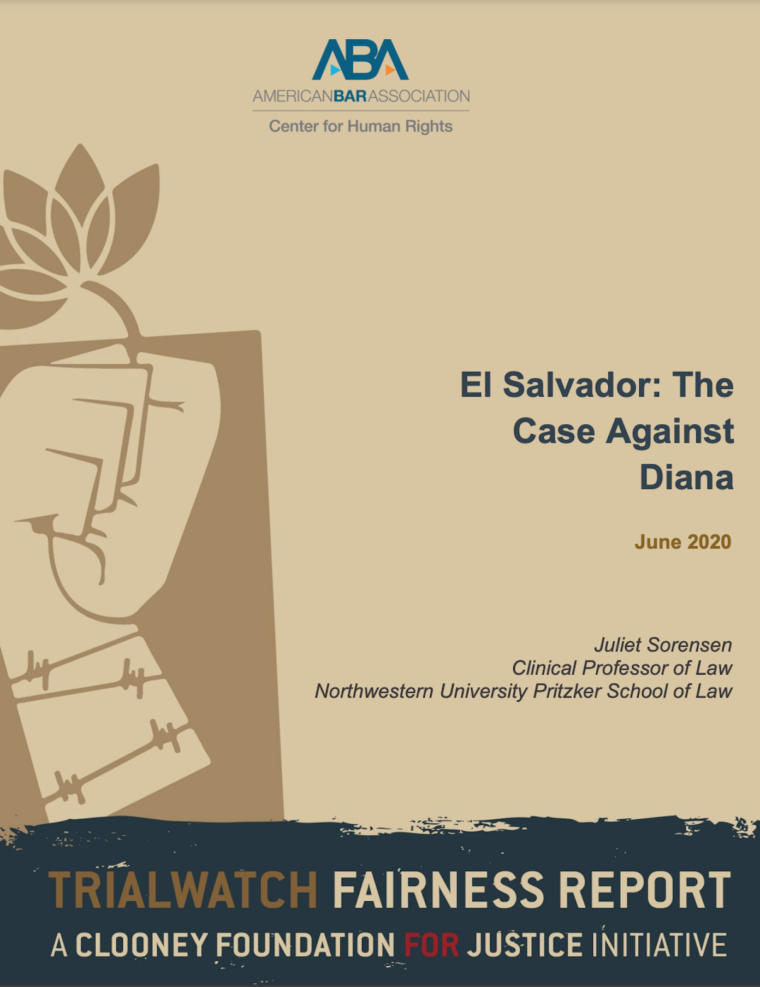
El Salvador: The Case Against Diana
Document
